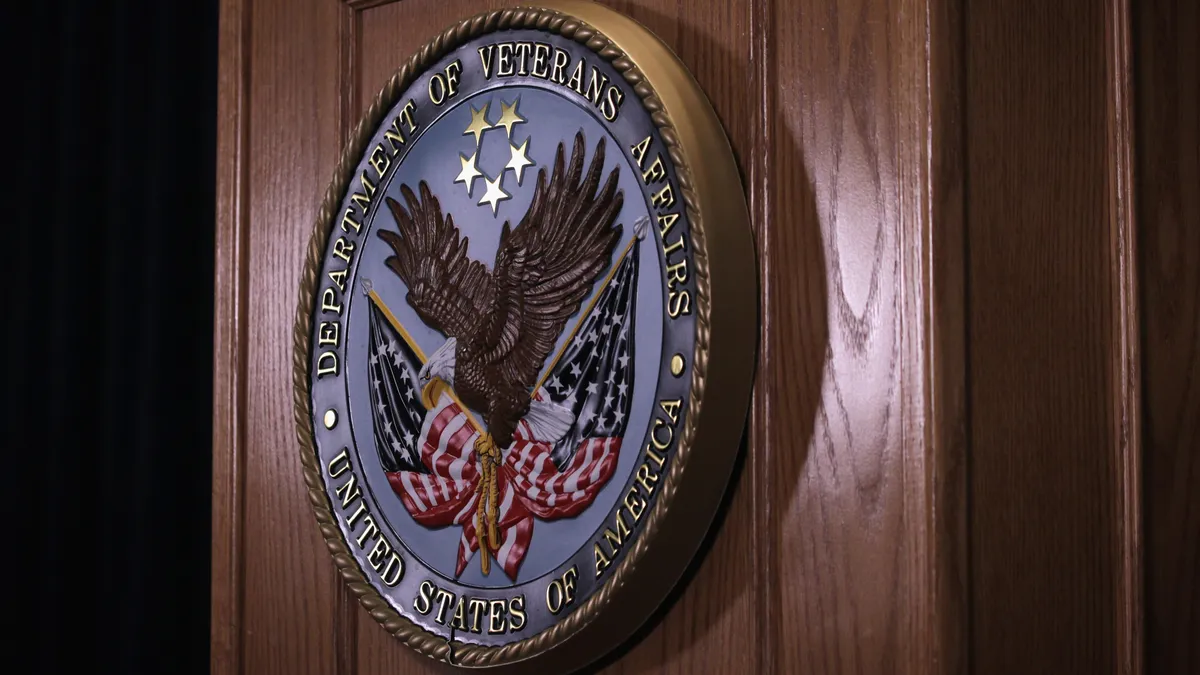Dive Brief:
- A former research specialist for the U.S. Department of Veterans Affairs may be entitled to collect future lost wages — in addition to back pay — after the VA fired her over alleged whistleblowing, the Federal U.S. Circuit Court of Appeals held June 20.
- In the case, Perlick v. Department of Veterans Affairs, the plaintiff claimed to have discovered missing funds related to a study on traumatic brain injuries. She reported the discovery and was later fired. The plaintiff filed a report with the Merit Systems Protection Board, which awarded her back pay but denied her claim for certain damages, including future lost earnings.
- The court, however, found that the Whistleblower Protection Act’s corrective provision includes recovery for damages such as future lost earnings. It vacated and remanded the MSPB’s decision for future proceedings.
Dive Insight:
The Whistleblower Protection Act prohibits retaliation against certain federal executive branch employees for whistleblowing on significant agency wrongdoing or engaging in protected conduct, according to a document published by the Office of the Whistleblower Ombuds.
Per the court, the law’s corrective action provision states that potential corrective action may include items such as back pay and related benefits, medical costs incurred and travel expenses. Compensatory damages also are included under this provision, and the court held that future lost earnings “are classifiable as such.”
While Perlick is a public-sector case, employers in the private sector also received a significant whistleblower court decision this year. In February, the U.S. Supreme Court held in Murray v. UBS Securities, LLC that employees who invoke the protections of the Sarbanes-Oxley Act, which applies to public companies, do not need to show that their employer acted with retaliatory intent.













